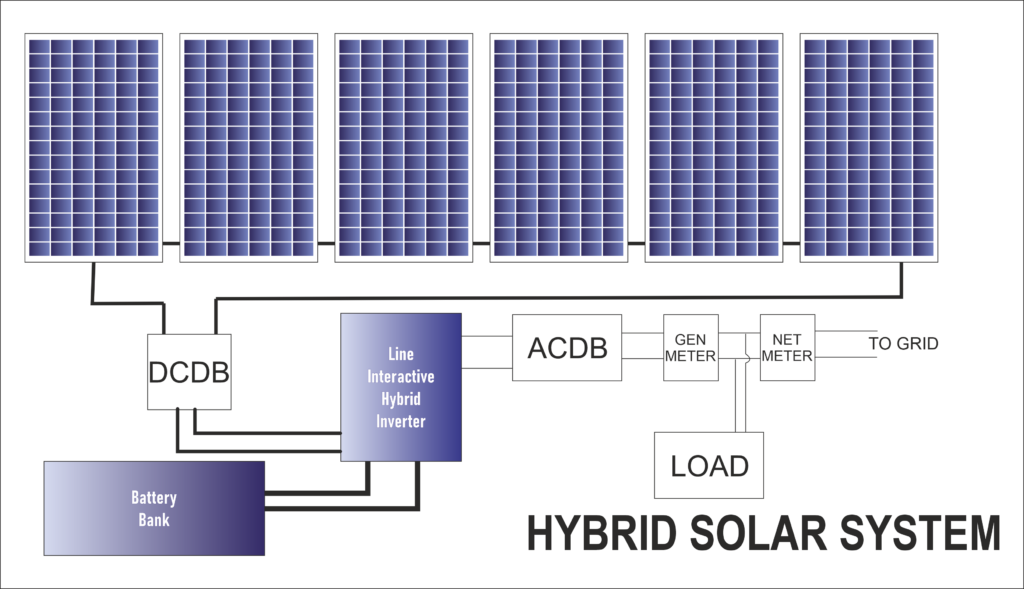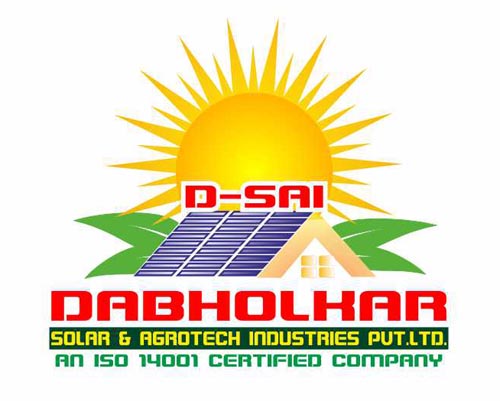Hybrid solar systems combine different technologies to generate electricity from solar energy. Here are some key aspects of hybrid solar systems
Types of Hybrid Solar Systems
1. Solar-Diesel Hybrid: Combines solar panels with diesel generators to provide a reliable and efficient energy solution.
2. Solar-Wind Hybrid: Combines solar panels with wind turbines to provide a reliable and efficient energy solution.
3. Solar-Battery Hybrid: Combines solar panels with battery storage to provide a reliable and efficient energy solution.
Benefits of Hybrid Solar Systems
1. Increased Energy Independence: Hybrid solar systems can provide a reliable and efficient energy solution, reducing reliance on grid electricity.
2. Improved Energy Efficiency: Hybrid solar systems can optimize energy production and reduce energy waste.
3. Reduced Greenhouse Gas Emissions: Hybrid solar systems can reduce reliance on fossil fuels and lower greenhouse gas emissions.
4. Lower Energy Costs: Hybrid solar systems can reduce energy costs by generating free electricity from solar energy.
Components of a Hybrid Solar System
1. Solar Panels: Convert sunlight into DC electricity.
2. Inverter: Converts DC electricity from solar panels to AC electricity.
3. Battery Bank: Stores excess energy generated by the solar panels for later use.
4. Diesel Generator or Wind Turbine: Provides backup power during periods of low solar radiation.
5. Controller and Monitoring System: Monitors and controls the hybrid solar system to optimize energy production and reduce energy waste.
Applications of Hybrid Solar Systems
1. Remote Communities: Hybrid solar systems can provide a reliable and efficient energy solution for remote communities.
2. Commercial and Industrial Buildings: Hybrid solar systems can reduce energy costs and improve energy efficiency for commercial and industrial buildings.
3. Agricultural and Rural Areas: Hybrid solar systems can provide a reliable and efficient energy solution for agricultural and rural areas.

